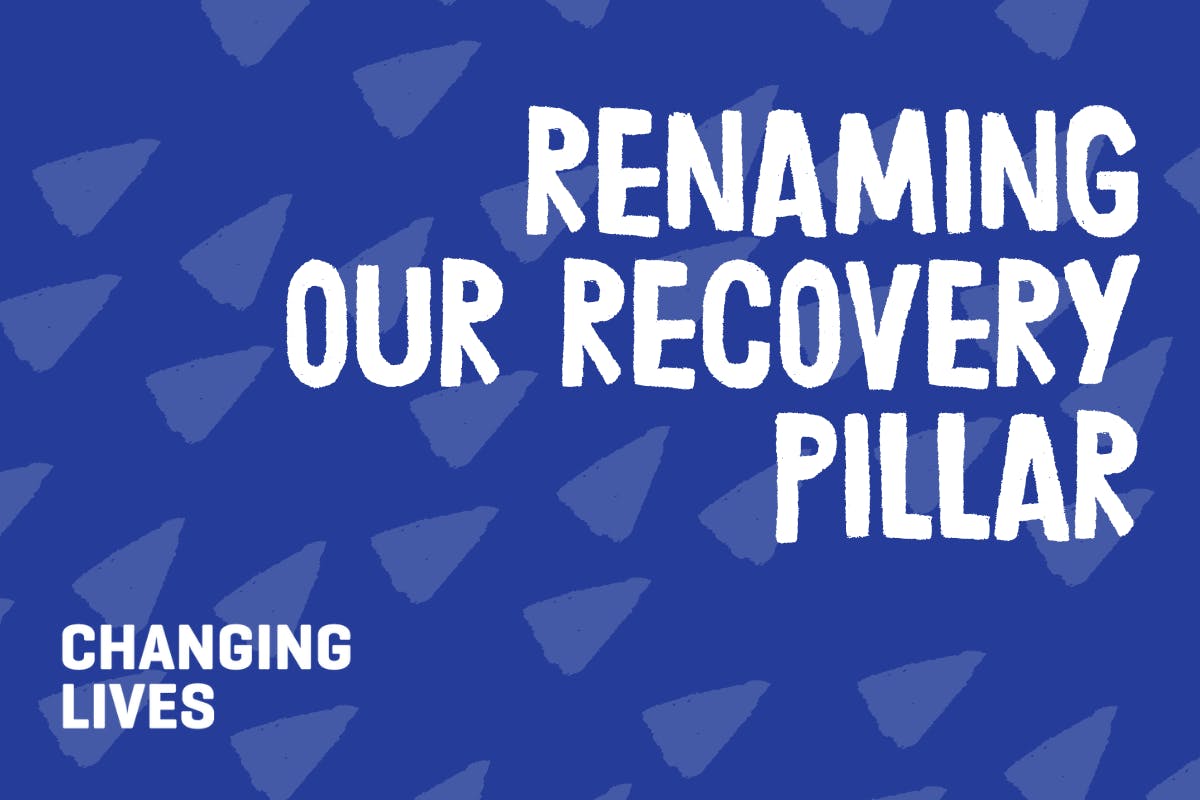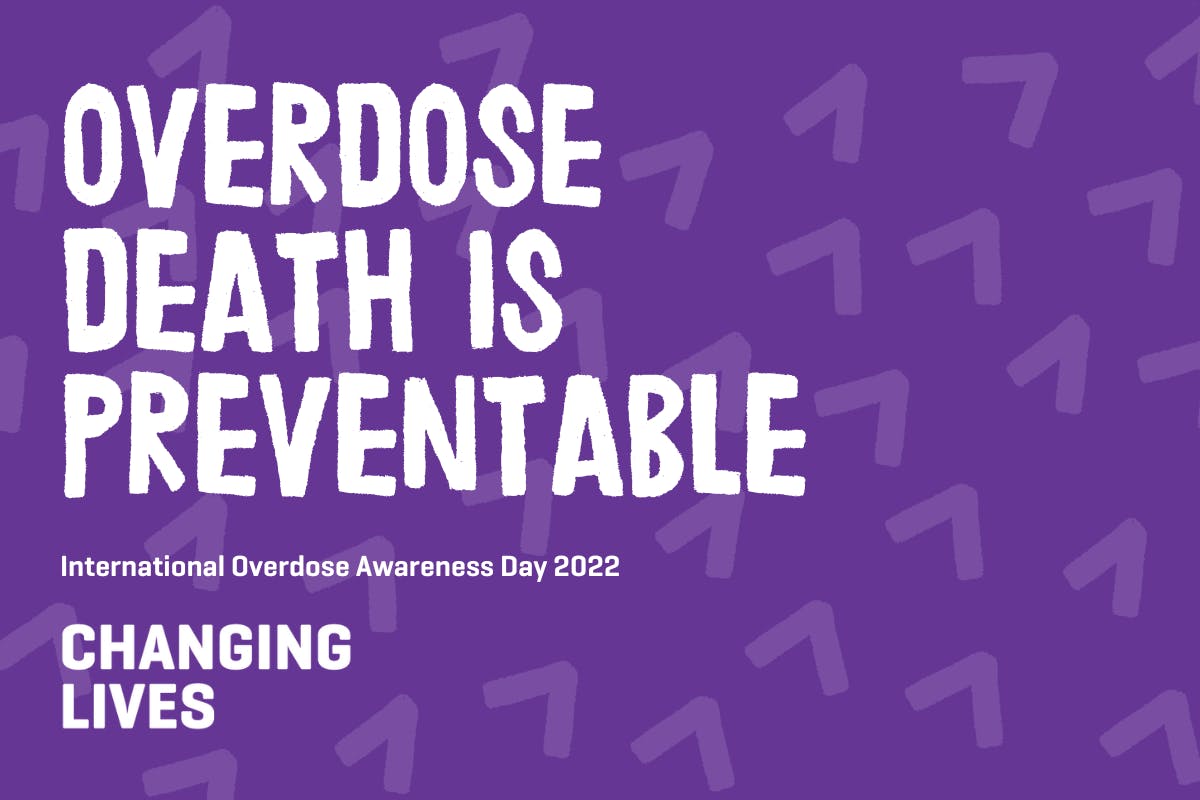Service Manager Barbara Rowan shares her thoughts on our approach to supporting people experiencing poor mental health through our Northumberland Mental Health Community Engagement and the North Tyneside Mental Health Assertive Outreach teams.
Within Changing Lives, mental health can be an issue for many people across all the pillars and impacts on a person in many ways. As an organisation, we are committed to reducing stigma, promoting inclusion and supporting people to overcome barriers and be part of their local communities.
I have had the privilege of being part of setting up and overseeing two mental health support services within Changing Lives. What was important for me was that these two services worked within an assertive engagement approach and that we reduced as many barriers as possible for people to be able to engage and receive appropriate support.
Working within the community, adopting a social model of support, has supported people to engage with us. Understanding the importance of meeting and supporting people on their own terms, giving the person choice and ensuring they feel listened to and heard, has often led to people engaging with the teams far better than they have historically with services.
Utilising a team approach has evidenced benefits to both the people we support and the staff, giving the person we support choice, building relationships, utilising strengths and skills within the team, reducing the impact of dependency and co-dependency, vicarious traumatisation. This approach reduces the impact on a person we support when a member of staff leaves the project - for further development or opportunities - as the person we support has built relationships with other members of the team, and they are not left with feelings of abandonment or having to repeat their story to a new person.
Our starting point is always, “What support do you need or want?” For so many people accessing our services, this has been quite liberating for them - to feel we are listening to what they believe their needs are, rather than being told or advised what support the professional feels they need. What the teams have experienced is that what the professional referrer, and what the person being referred, feel the support which is needed, are often very different. This does not mean either person is wrong, just that their priorities differ. Therefore, working collaboratively with the person accessing support often leads to increased engagement and more productive outcomes for the individual. It truly becomes “their plan”, rather than the professional plan.
Also, by working with the person’s identified needs, this often removes barriers to engagement and through activities, the person often opens up more, identifies other presenting needs and is more open to accepting support and engaging with other appropriate services.
Everything we undertake with the person needs to be independently sustainable in the future by the individual. This increases recovery capital that can have an impact on positive mental wellbeing and can also reduce dependency on statutory organisations in the future, reducing representations to services and reducing the impact on our already overstretched NHS.
Supporting people to access what is available within their own communities, reducing isolation and making connections, can help the person build confidence, reduce stigma and promote inclusion, all of which support positive mental wellbeing. Seeing the person, and not the diagnosis, dictates how we engage with people and creates better relationships which in turn creates more meaningful communication, leading to improved delivery of support.
Find out more about the Northumberland Mental Health Community Engagement and the North Tyneside Mental Health Assertive Outreach teams.






